I recently made a statement in a podcast that said, if the church didn’t stay up to date with technology, how quickly it’s changing, and understand its influence on society, the church might become irrelevant. The example I used was that we don’t see preachers preaching from stone tablets, scrolls, and parchments. They are using a copy of the Bible which was created using the technology of the printing press. Additionally, many of us have seen a toddler pick up an iPad or smartphone and instinctively know how to navigate/tap it and find their favorite app or game. We’ve also seen teenagers/young adults use texting, social media, photos, and videos from their mobile devices as easily as making calls. They are able to quickly and efficiently use multiple apps, platforms, and features of their devices and stay connected with their friends, celebrities, and anyone they deem important. Now consider that these devices are the oldest technology these people will see.
One of the responses I received was that the church will never become irrelevant because it’s God’s house and the Word of God will never be irrelevant. While I believe that God’s Word will never be irrelevant in the sense of it speaking to the state of the human soul and society, I was focusing less on the message and more on the method. The message will always be effective, revolutionary, and life-changing. However, if the method used to deliver the message is ineffective and outdated, how relevant can it be when the masses are not receiving it?
So the question was, “Why does technology permeate so many aspects of our lives but we go back in time when it comes to the church?
Technology is defined as the branch of knowledge that deals with the creation and use of technical means and their interrelation with life, society, and the environment. Let’s look at two historical examples of technology currently being used by the church (Source: http://dictionary.reference.com/browse/technology)
1. Chairs and Pews - Throughout most of the history of Christian worship, there were no pews or chairs. Not until the fourteenth century did seating gradually encroach upon the open space where the congregation stood and walked about during worship. In the late Middle Ages, the congregation sat down on the job and there was a drastic change in Christian worship—perhaps the most important in history. People, in effect, became custodians of individual spaces they occupied throughout the service. In other words, for the first fourteen centuries of Christianity, people stood throughout the worship service. (Source: http://thesecondeclectic.blogspot.com/2012/12/churches-without-chairs-how-christians.html)
2. The Printing Press - This technological advancement put the Bible in the hands of the masses. In 1455, the Gutenberg Bible was mass produced in Europe. Without the Bible, how would this have affected the impact of the church? One of the main informational resources and understanding of the Christian faith is the Bible, and the popularity of Christianity ties into how readily available the Bible is to everyone.
With these two technological implementations, the church transformed it’s worship experience and it’s distribution model. Today, with digital tools, we can touch all aspects of the church experience. In church, we have a variety of tools that can enhance the music, lighting, sermon, and other aspects to create an interactive, immersive worship experience. On the other hand, with websites, social media, mobile apps, internet tv, and internet church campuses, we have a variety of tools and platforms to reach people regardless of where they are and the device they use. We can connect with, engage, minister to, and change the lives of millions through something as small as an iPod. Therefore, with over 3 Billion people accessing the internet in 2015 and over 6 Billion mobile devices around the world, we have the largest digital mission field that is primed for the life-changing Gospel.
The question, now, is whether the church will use this technology to fulfill the Great Commission in taking the message to the uttermost parts of the world?
